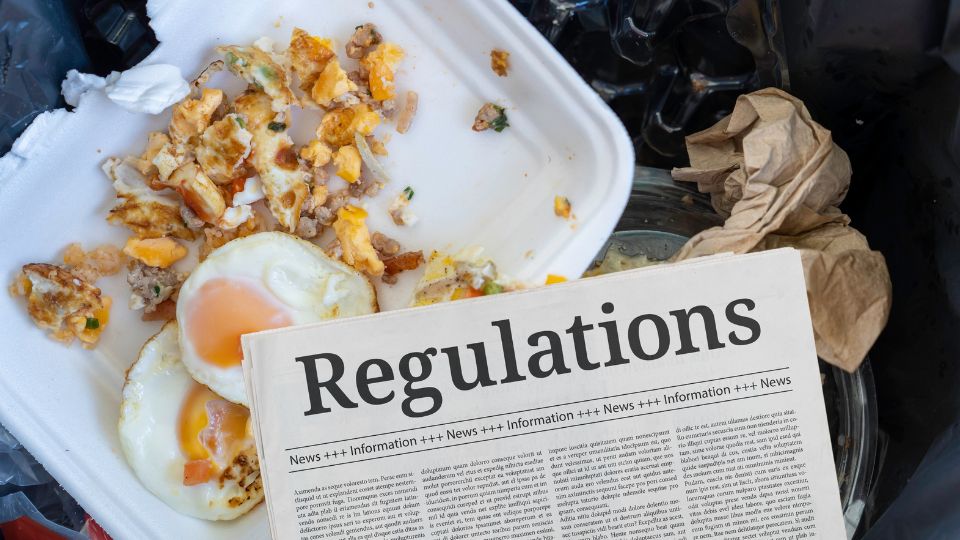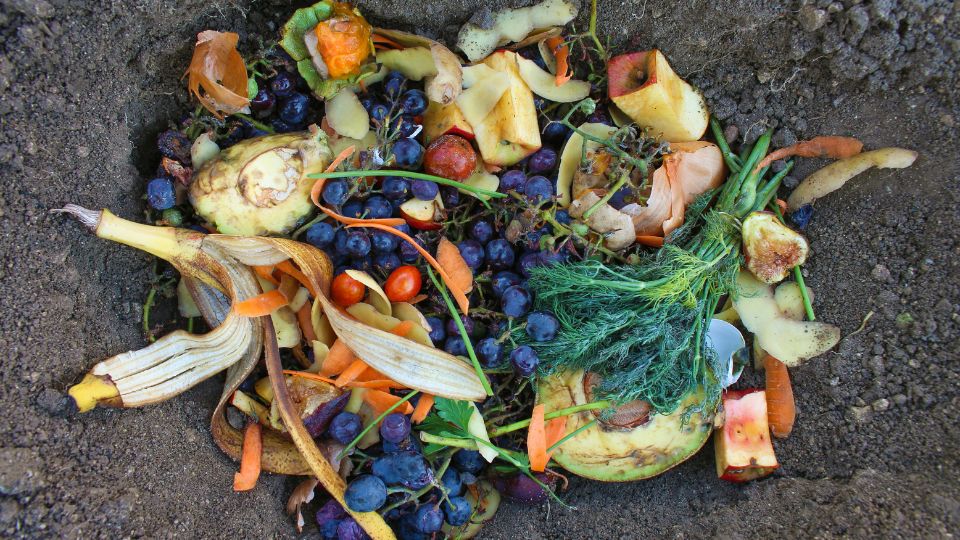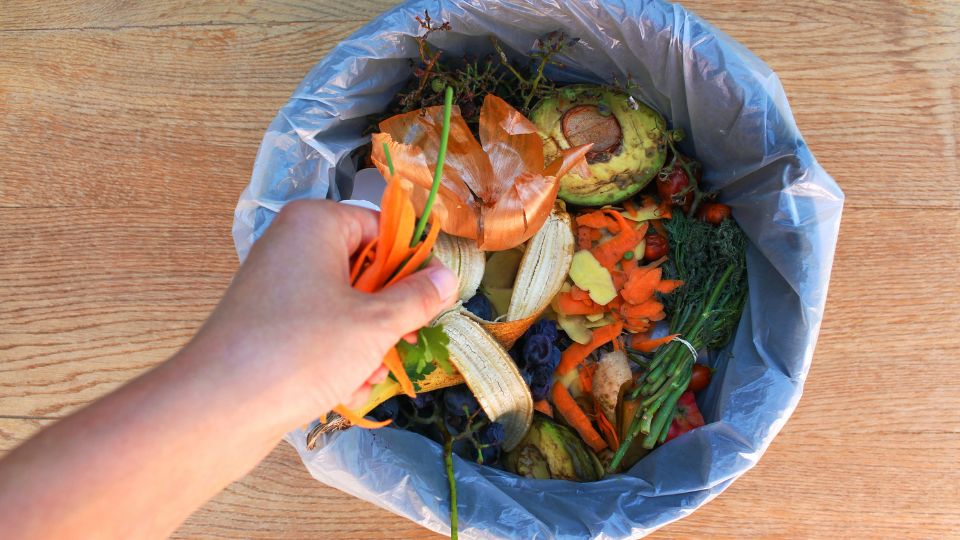
Businesses that handle food, whether in production, retail, or hospitality, need to be aware of the laws governing food waste to ensure compliance and to reduce environmental impact.
This guide provides an overview of the UK regulations on food waste for businesses, including legal obligations and best practices to avoid any fines.
Table of Contents:
- The Waste Framework Directive
- The Environmental Protection Act 1990
- Simpler Recycling Legislation – March 2025
- Anaerobic Digestion Strategy and Action Plan
- Waste Management Duty of Care
- Food Waste Segregation and Collection
- Landfill Regulations
- Prevention and Reduction of Food Waste
Understanding Food Waste Regulations
In the UK, food waste regulations are influenced by several laws and guidelines that aim to reduce waste and promote sustainable practices.
Key legislation includes:
The Waste Framework Directive
The Waste Framework Directive (2008/98/EC), adopted by the UK as part of EU law, establishes the principles of waste management. It includes the “waste hierarchy,” which prioritises waste prevention, reuse, recycling, and energy recovery, with disposal as a last resort.
This framework guides how businesses should approach waste management and is still used post-Brexit.
The Environmental Protection Act 1990
The Environmental Protection Act 1990 is a fundamental piece of legislation that sets out the duty of care for waste.
Under this act, businesses must take all reasonable steps to ensure waste is managed correctly, from production to disposal. It requires businesses to keep waste to a minimum, handle it responsibly, and use authorised waste carriers.
Simpler Recycling Legislation – March 2025
The UK has introduced new Simpler Recycling legislation which requires businesses to separate food waste from general waste streams.
This includes public and third-sector organisations like hospitals, schools, and prisons.
However, micro-businesses (those with fewer than 10 full-time employees) will have until March 31, 2027 to comply.
Businesses will need to understand the types and quantities of waste they produce, and how to store and collect it in a compliant way.
The best way to prepare is to get a dedicated food waste collection bin/service now to avoid any delays and disruption.
Anaerobic Digestion Strategy and Action Plan
The Anaerobic Digestion Strategy and Action Plan encourages the use of anaerobic digestion (AD) for food waste.
AD is a process that converts food waste into biogas and bio-fertilisers, providing a sustainable waste management solution. Businesses that deal with food waste disposal are encouraged to use AD to manage food waste sustainably.
Legal Obligations for Businesses
Businesses involved in the production, processing, distribution, or sale of food must comply with several legal obligations concerning food waste:
Waste Management Duty of Care
Under the Environmental Protection Act 1990, businesses have a “duty of care” to manage waste responsibly. This includes:
- Segregating waste: Food waste must be separated from general waste.
- Using authorised waste carriers: Waste must be transferred to carriers registered with the Environment Agency.
- Accurate documentation: Businesses must maintain waste transfer notes, detailing the type and quantity of waste, to ensure traceability.
Food Waste Segregation and Collection
According to the Food Waste Regulations 2016, businesses producing over 50 kg of food waste per week must:
- Segregate food waste: Separate food waste from other waste streams to facilitate recycling.
- Arrange separate collection: Ensure food waste is collected separately from general waste, typically by using a waste collector that can provide a dedicated service for food collection.
Landfill Regulations
The Landfill Regulations 2002 restrict the disposal of biodegradable waste, including food waste, in landfills. Businesses are required to reduce the amount of waste sent to landfill by using alternative methods such as recycling or anaerobic digestion.
Prevention and Reduction of Food Waste
While not a legal requirement, businesses are encouraged to adopt practices that prevent and reduce food waste, aligning with the waste hierarchy’s emphasis on prevention.
Conclusion
Managing food waste effectively is a legal requirement and a moral obligation for UK businesses.
By understanding the regulations and adopting best practices, businesses can reduce their environmental impact, achieve cost savings, and enhance their reputation.
For more information on food waste regulations and best practices, consult the UK government website or seek advice from a waste management service such as Waste Managed.








